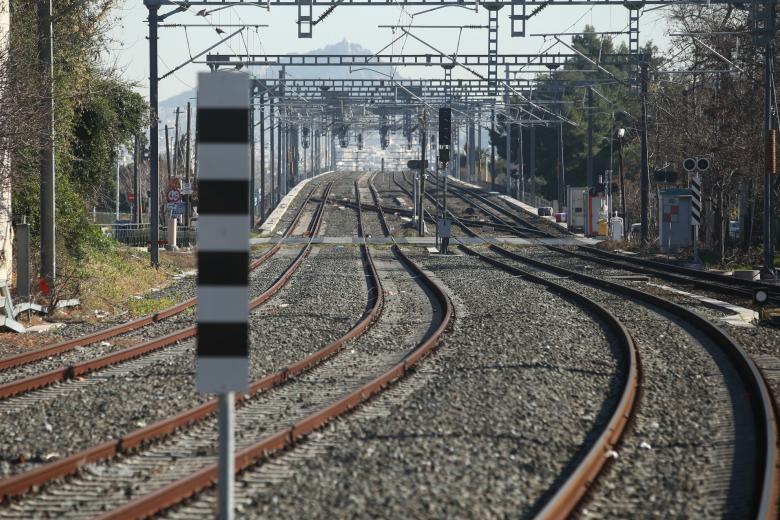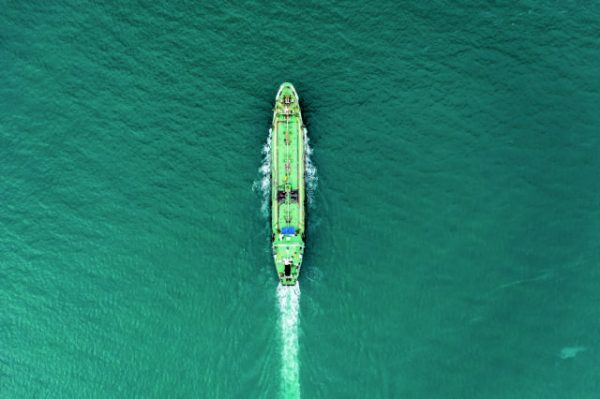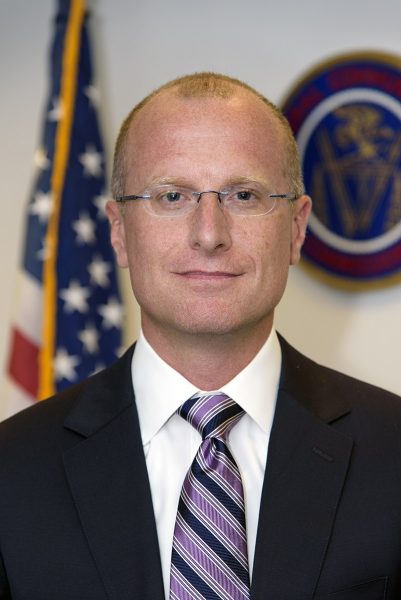
The pieces that will start to build the map of the Sea2Sea project are falling into place. The establishment of the joint company between Greece and Bulgaria that will propel the ambitious project of the railway interconnection of the ports of Thessaloniki, Kavala and Alexandroupoli with three Bulgarian ports to the Danube, is getting closer. The construction of the Bosporus railway bypass, with a total cost of 6.5 billion euros, of which 4 billion projects correspond to Greece, will upgrade the developmental role of Northern Greece by creating an important new corridor for goods reaching Europe from the Far East.
Read also – Patras – Pyrgos railway is on track
In order to initiate the establishment of the transnational company that will implement the project for both sides, the Ministry of Infrastructure and Transport issued an invitation for the provision of legal advisory services. The consultant will undertake the assistance of the Fixed Track Infrastructure, Maintenance and Safety Directorate for the supervision of the ongoing “Rail T-K-A-B-V-R Project”, as it has been officially named from the initials of the names of the six ports: Thessaloniki, Kavala, Alexandroupoli, Burgas, Varna, Ruse.
It will also assist in the establishment of the joint Greek-Bulgarian company, in order, according to the invitation, to implement the optimal arrangement of the scheme under which the upcoming cooperation with the respective competent bodies of Bulgaria can be carried out, as well as the negotiation of the terms that will govern the scheme in question.
Previous agreements under scrutiny
In particular, the legal advisor will proceed with the study of the file that includes the transnational agreements and memoranda of understanding between Greece and Bulgaria related to the planning and implementation of the project, as well as the minutes of the transnational meetings that have been held in relation to it. It will also study the relevant legal analyses that have already been prepared in relation to its implementation.
He will also participate in official meetings with the transnational task force of the two sides and in meetings with the representatives and legal representatives of the Bulgarian side in relation to the planning for the formation of the joint company. The legal advisor will participate in the drafting and negotiation of the terms of the articles of association of the joint company as well as any relevant contractual text (Memorandum of Understanding, shareholders’ agreement, etc.) that may be agreed between the parties to be drawn up.
It is also foreseen that it will provide all the necessary advisory legal support to the relevant Department of the Ministry and to the companies and organizations supervised by the General Secretariat of Infrastructure that will be involved in the “Rail T-K-A-B-V-R Project”.
The history of the project
The starting point of the ambitious project was the memorandum of cooperation signed in September 2017 between Greece and Bulgaria by the then prime ministers Mr. Alexis Tsipras and Boyko Borisov. This provided for the establishment of the transnational company, modeled after the successful Rail Baltica, which will “run” the project, with the aim that it would then be ready by the first quarter of 2019.
The MoU provided for the upgrade of the railway axis to Varna to double track with electrification, enabling commercial trains to develop high speeds of up to 160 km per hour. This is the eastern part of the much-discussed Egnatia Railway in Greece and is part of the European Orient/East-Med corridor, which connects Central Europe with the countries of the Baltic, the Black Sea and the Southeast Mediterranean.
After a series of bureaucratic obstacles, financial difficulties and political scandals in Bulgaria, which bogged down the project, the interest of the two sides was reaffirmed two years later, in 2019, in the context of the “Silk Road” forum in Tbilisi, where from the Greek side the then Deputy Minister of Transport, Mr. Yiannis Kefalogiannis, was present.
Bilateral negotiations followed to promote the project, which is gaining momentum by upgrading the role of the port of Alexandroupoli into a defense and energy hub. Thus, in March 2020, the Sea2Sea project was at the center of talks between Prime Minister Kyriakos Mitsotakis and his counterpart at the time within the framework of the High Cooperation Council between Greece and Bulgaria.
It is also a strategically important connection which will strengthen the position of Northern Greece in the commercial and in general economic map of South-Eastern Europe and will upgrade the geostrategic role of the three ports. Bypassing the Bosphorus Straits will reduce freight costs, reduce travel time, while improving safety.
New financial tools unlocked
In the context of the large package of new generation railway projects launched by ERGOSE, totaling 4.5 billion euros, two projects are included that are part of the Eastern Egnatia Railway. These are the sections Thessaloniki – Toxotes and Alexandroupolis – Ormenio, with a total budget of 2.76 billion, which will connect the ports of Thessaloniki, Nea Karvali and Alexandroupolis with the national railway network. With the start of the two tenders, the two projects unlock for the Greek side a new European financial tool of 1 billion euros, which will be utilized for the implementation of the project. Funding is also the key to the overall implementation of Sea2Sea.
Latest News

German Ambassador to Greece Talks Ukraine, Rise of Far Right & Tariffs at Delphi Economic Forum X
Commenting on the political developments in his country, the German Ambassador stressed that it was clear the rapid formation of a new government was imperative, as the expectations across Europe showed.

Athens to Return Confiscated License Plates Ahead of Easter Holiday
Cases involving court orders will also be excluded from this measure.

Servicers: How More Properties Could Enter the Greek Market
Buying or renting a home is out of reach for many in Greece. Servicers propose faster processes and incentives to boost property supply and ease the housing crisis.

Greek Easter 2025: Price Hikes on Lamb, Eggs & Sweets
According to the Greek Consumers’ Institute, hosting an Easter dinner for eight now costs approximately €361.95 — an increase of €11 compared to 2024.

FM Gerapetritis Calls for Unified EU Response to Global Crises at EU Council
"Europe is navigating through unprecedented crises — wars, humanitarian disasters, climate emergencies," he stated.

Holy Week Store Hours in Greece
Retail stores across Greece are now operating on extended holiday hours for Holy Week, following their Sunday opening on April 13. The move aims to accommodate consumers ahead of Easter, but merchants remain cautious amid sluggish market activity.

Green Getaway Ideas for Easter 2025 in Greece
Celebrate Easter 2025 in Greece the sustainable way with eco-farms, car-free islands, and family-friendly getaways rooted in nature and tradition.

Civil Protection Minister Details Summer Firefighting Plans at Delphi Forum
At the 10th Delphi Economic Forum, Minister of Climate Crisis and Civil Protection Yiannis Kefalogiannis discussed Greece's plans for the upcoming fire season.

How Shops and Markets Will Operate During Easter Holy Week
The Easter holiday schedule has been in effect since April 10, with retail stores open Palm Sunday, and most supermarkets also operating to meet consumer demand for Easter shopping

Why Is the French Aircraft Carrier Charles De Gaulle in Piraeus?
Docking in Piraeus after a four-month deployment in the Indo-Pacific region, the admiral of the aircraft carrier the Charles de Gaulle says, "Greece is our best partner in the Mediterranean."





























![F-35: Το ακριβό μαχητικό που διεκδικούν αρκετές χώρες [γράφημα]](https://www.ot.gr/wp-content/uploads/2025/03/f-35-1-600x400.jpg)










 Αριθμός Πιστοποίησης
Αριθμός Πιστοποίησης